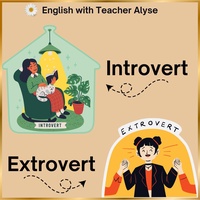Search from various ภาษาอังกฤษ teachers...
หัวข้อสำหรับคุณ
คุณต้องการที่จะพูดอะไรไหม
ถูกเลือกโดยบรรณาธิการ

Christmas in France: A Blend of History, Tradition, and Modern Warmth
10 ถูกใจ · 6 ความคิดเห็น

A Taste of Christmas: Traditional Holiday Dishes Around Portugal
6 ถูกใจ · 3 ความคิดเห็น

Buono, Bene, Bello: Understanding the Differences in Italian
6 ถูกใจ · 2 ความคิดเห็น

Italian Passato Prossimo: When to use ‘essere’ and ‘avere’
6 ถูกใจ · 2 ความคิดเห็น

Same Word, Different Meaning: American, British, and South African English
22 ถูกใจ · 17 ความคิดเห็น

How to Sound Confident in English (Even When You’re Nervous)
17 ถูกใจ · 12 ความคิดเห็น

Marketing Vocabulary and Phrases for Business English Learners
15 ถูกใจ · 6 ความคิดเห็น

10 Strong Verbs to Use in a Job Interview
23 ถูกใจ · 6 ความคิดเห็น

Five Classics of Portuguese literature: The most popular books
11 ถูกใจ · 6 ความคิดเห็น

Fare vs. Essere: How to talk about the weather in Italian
6 ถูกใจ · 4 ความคิดเห็น
บทความเพิ่มเติม


